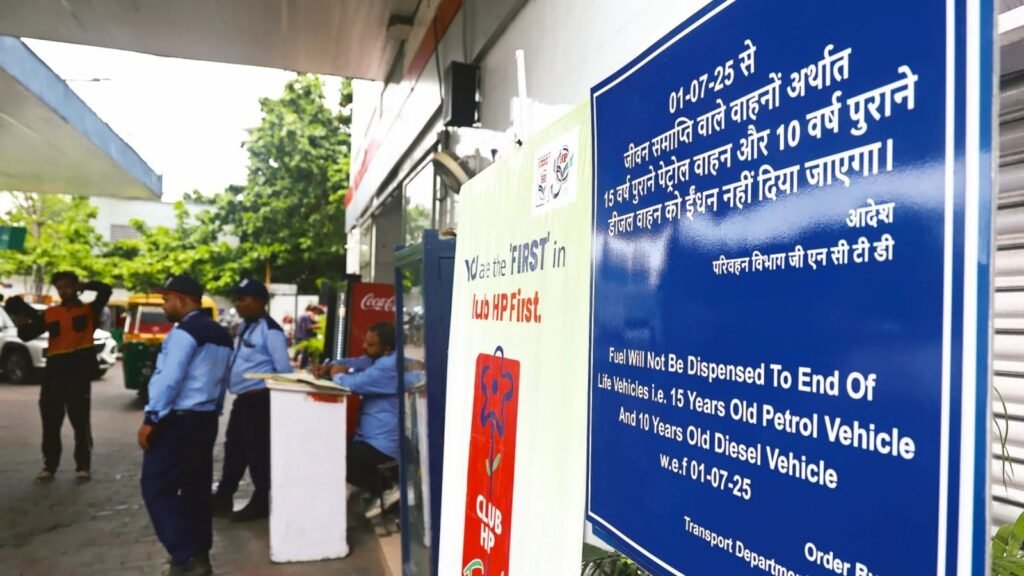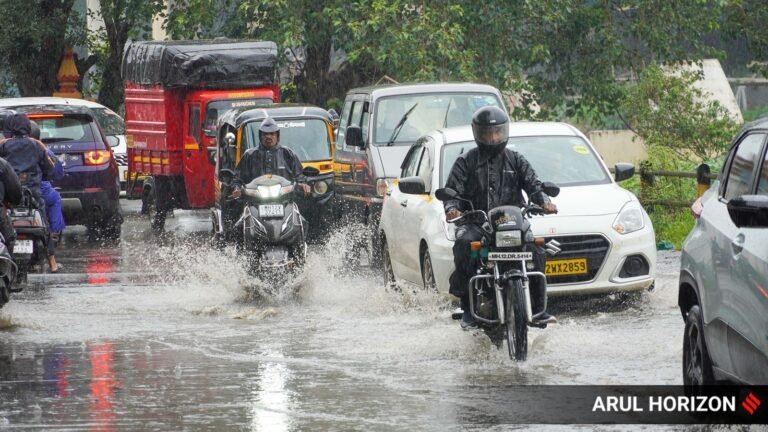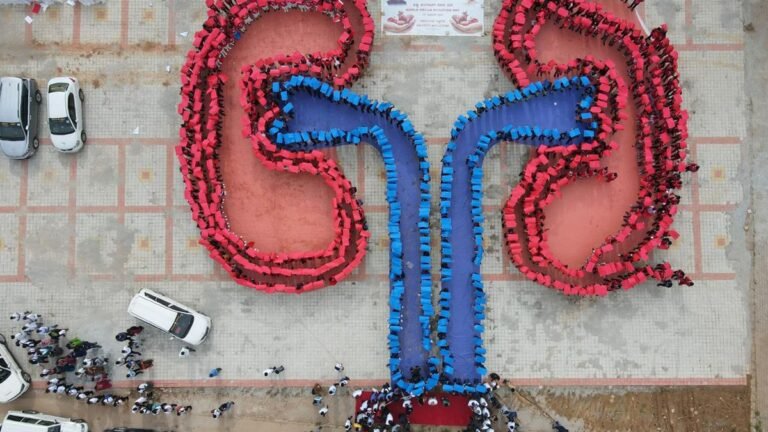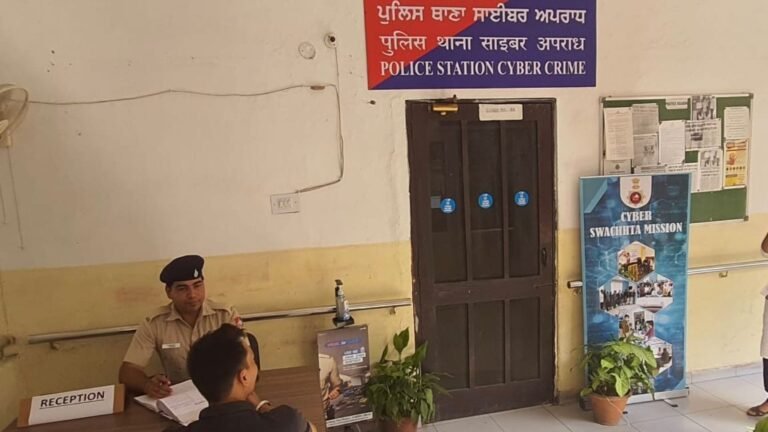
The Delhi government has approached the Supreme Court seeking a review of its order imposing a blanket ban on the plying of petrol vehicles aged above 15 years and diesel vehicles aged above 10 years of all categories across the National Capital Region (NCR).
In its application dated July 25, the Rekha Gupta government has argued that “the road-worthiness of a vehicle is a technical and scientific issue that must be linked to actual emissions as tested and recorded by mechanisms as set out under the Motor Vehicles Act, the Central Motor Vehicles Rules, etc., as opposed to blanket ban on the basis of age which is unlinked to actual emissions”.
The state said that the ban on the plying of the said vehicles in the last seven years, “though undoubtedly salutary in aim was observed to have caused numerous practical hardships to the citizens of Delhi, which today, in light of the advancements in technology and enforcement now prima facie appear to outweigh the prudence and feasibility of continuance of the said ban”.
The plea further urged the court to direct the Centre or the Commission on Air Quality Management (CAQM) “to carry out a suitable broad based, scientific study on the need for continuance of” the complete ban imposed by the Supreme Court’s October 29, 2018, order.
The Delhi government said that in its considered view, “the significant improvements in Pollution Under Control (PUC) technology, increased coverage of PUC testing, stricter monitoring of emission standards, transitioning over to Bharat Stage VI engines and various other measures” that have been implemented since the Supreme Court order “suitably address the concerns that impelled” the apex court to pass such a judgment.
“It is the view of the State Government that there is great need for a graded, balanced and technology driven regime to handle vehicular pollution and that instead of an age-based blanket ban, a scientific, data-driven framework should be developed that considers all relevant indicators to ascertain individual vehicular pollution, for example but not limited to: (i) Actual emission, (ii) Actual mileage, (iii) regular and period vehicle fitness tests and (iv) best available retrofitting options (CNG/electric conversions),” the application stated.
The plea added that “a balanced policy would ensure not only the protection of the environment through the phasing out of polluting vehicles, but would also preserve the rights of the responsible vehicle owners”.
Story continues below this ad
The government said the complete ban order “was originally passed as an emergency measure during a period when Bharat Stage IV (BS-IV) emission standards were in force and the migration to Bharat Stage VI (BS-VI), which has much stricter and advanced norms, had not yet commenced.”
It added, “However, it is submitted that to tackle the issue of pollution in the NCR region, a comprehensive policy is required which gives vehicle fitness based on the actual emission levels of an individual vehicle as per scientific methods rather than implementing a blanket ban based on solely the age of the vehicle.”
The government said that significant technological, legal, and environmental developments have taken place since 2018, which warrant a “re-examination of this decision” by an expert body to form a structured and graded plan to tackle pollution.
The application further said that there are various sources of air pollution in Delhi, apart from vehicular pollution, and that vehicular emissions constitute only one of several sources of air pollution in Delhi NCR. “Other significant contributors include: stubble burning, biomass burning, road and construction dust, industrial emissions, weather and meteorological factors. As per the Commission for Air Quality Management, the percentage contribution of the said sources to the air quality of Delhi varies significantly depending on the season,” the plea stated.
Story continues below this ad
The Delhi government said that CAQM in its ‘Policy to Curb Air Pollution in the National Capital Region’ adopted in July 2022 has stated, “These studies show that there is considerable seasonal variation in the relative contribution of pollution sources between winter and simmer”, and contended that “thus…a scientific analysis, and cost benefit analysis of phasing out vehicles on the basis of age would be an appropriate approach”.
The state said that since the issue of Delhi’s air quality is not confined solely to the National Capital Territory but rather to the broader National Capital Region, it is respectfully submitted that “it would be appropriate if suitable scientific studies on the feasibility, desirability and efficacy of continuing the said ban are carried out at the level of the Union of India or the Commission for Air Quality Management”.




